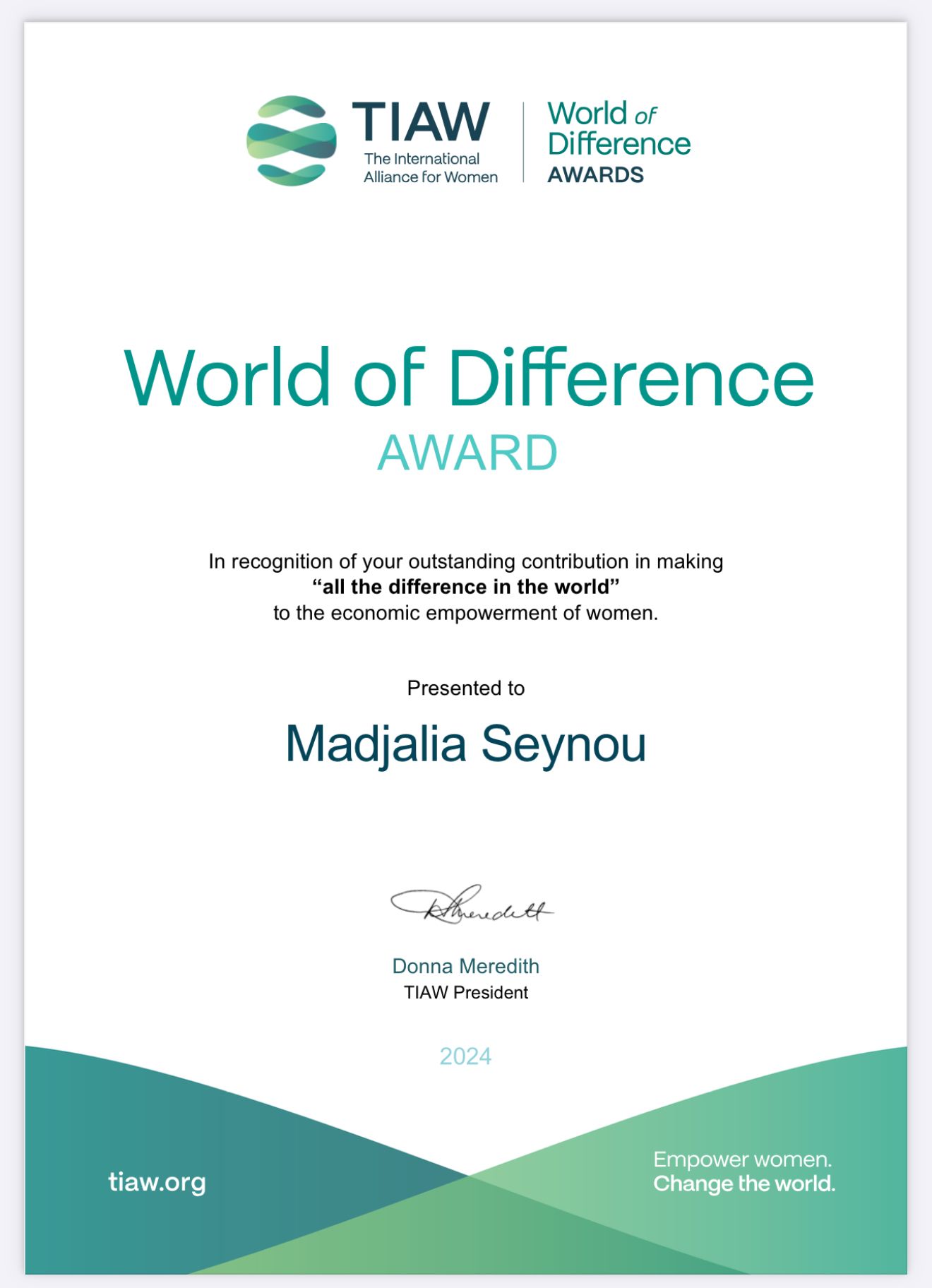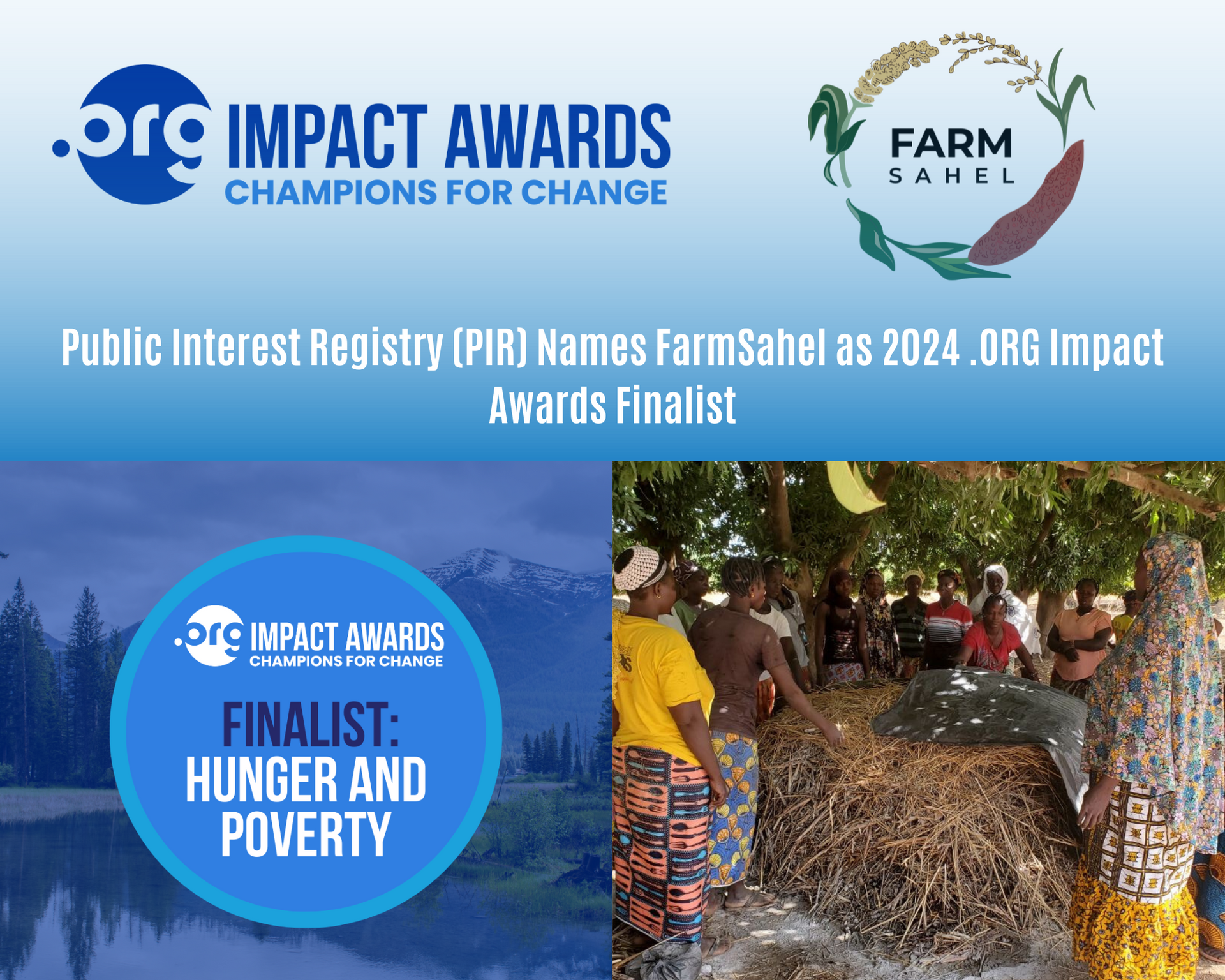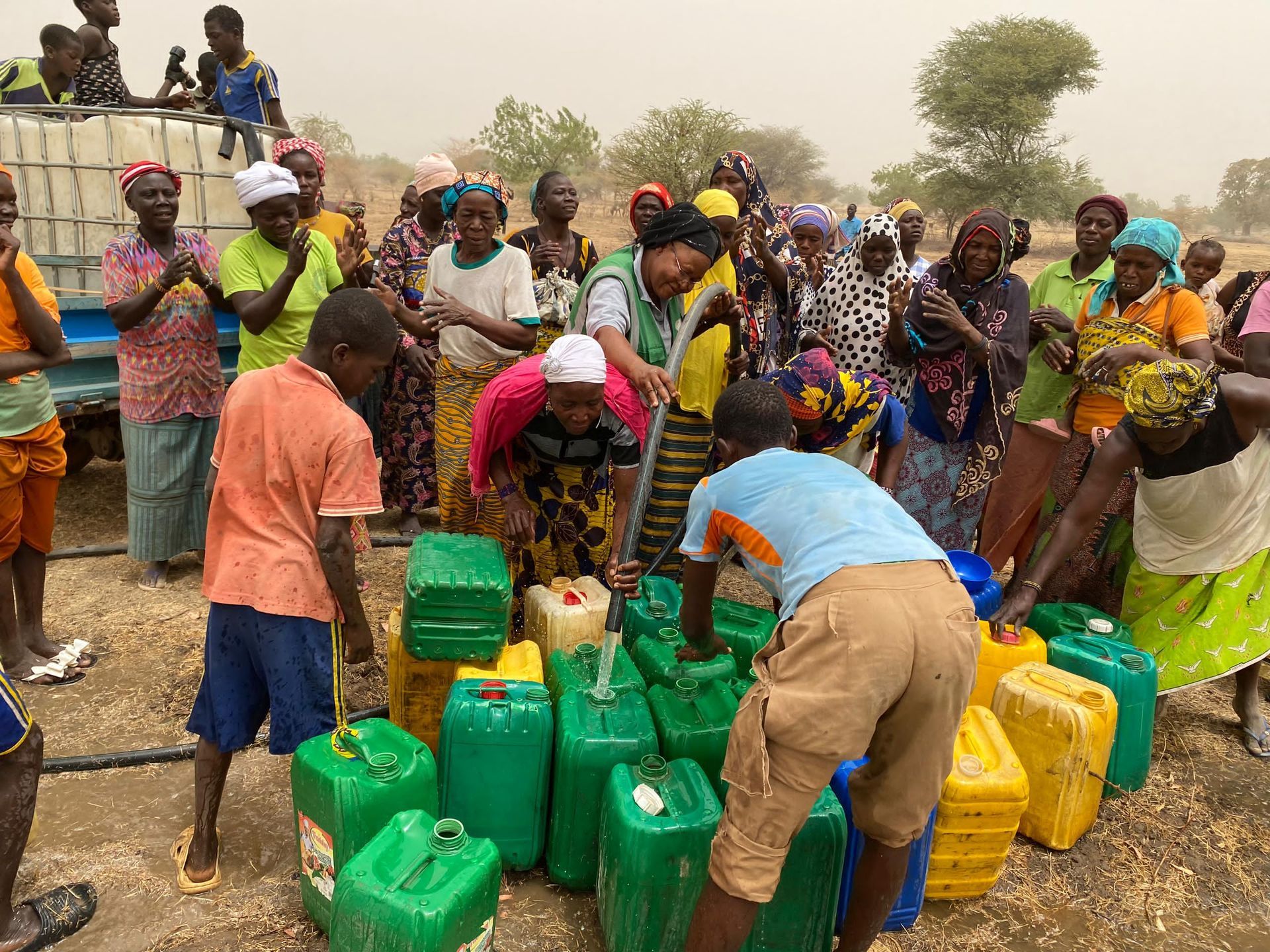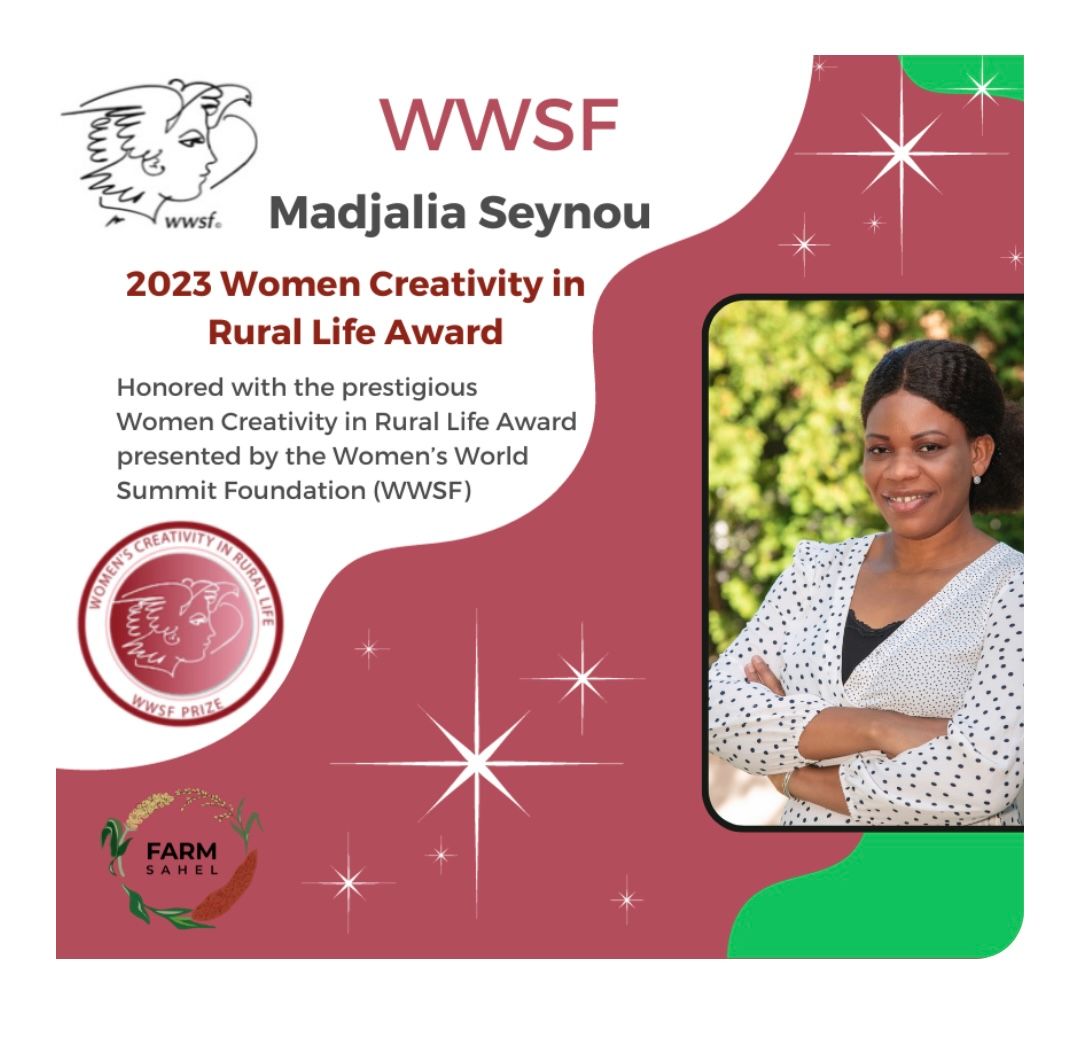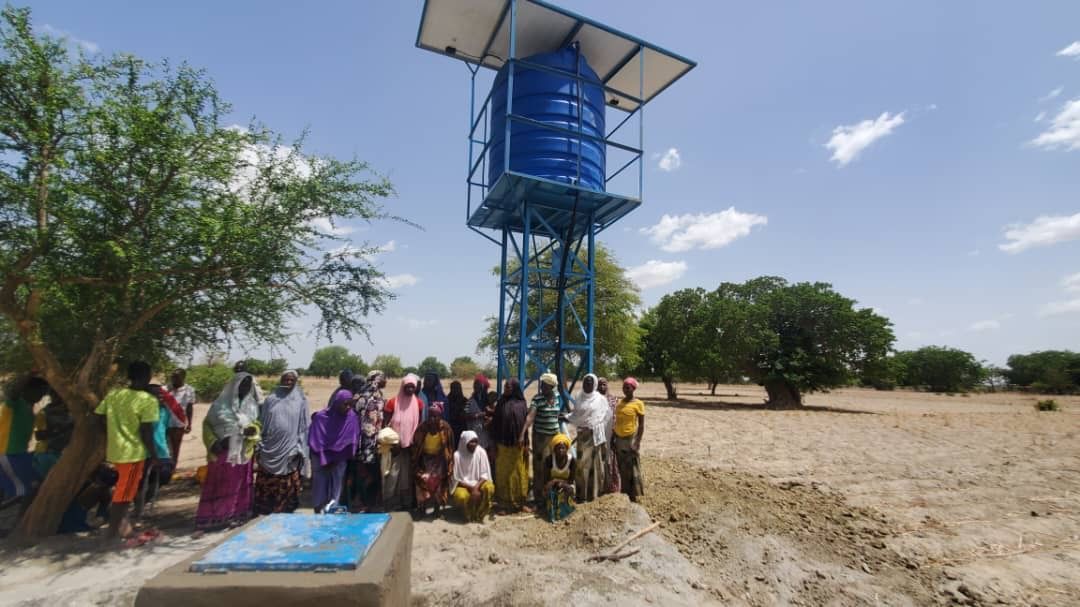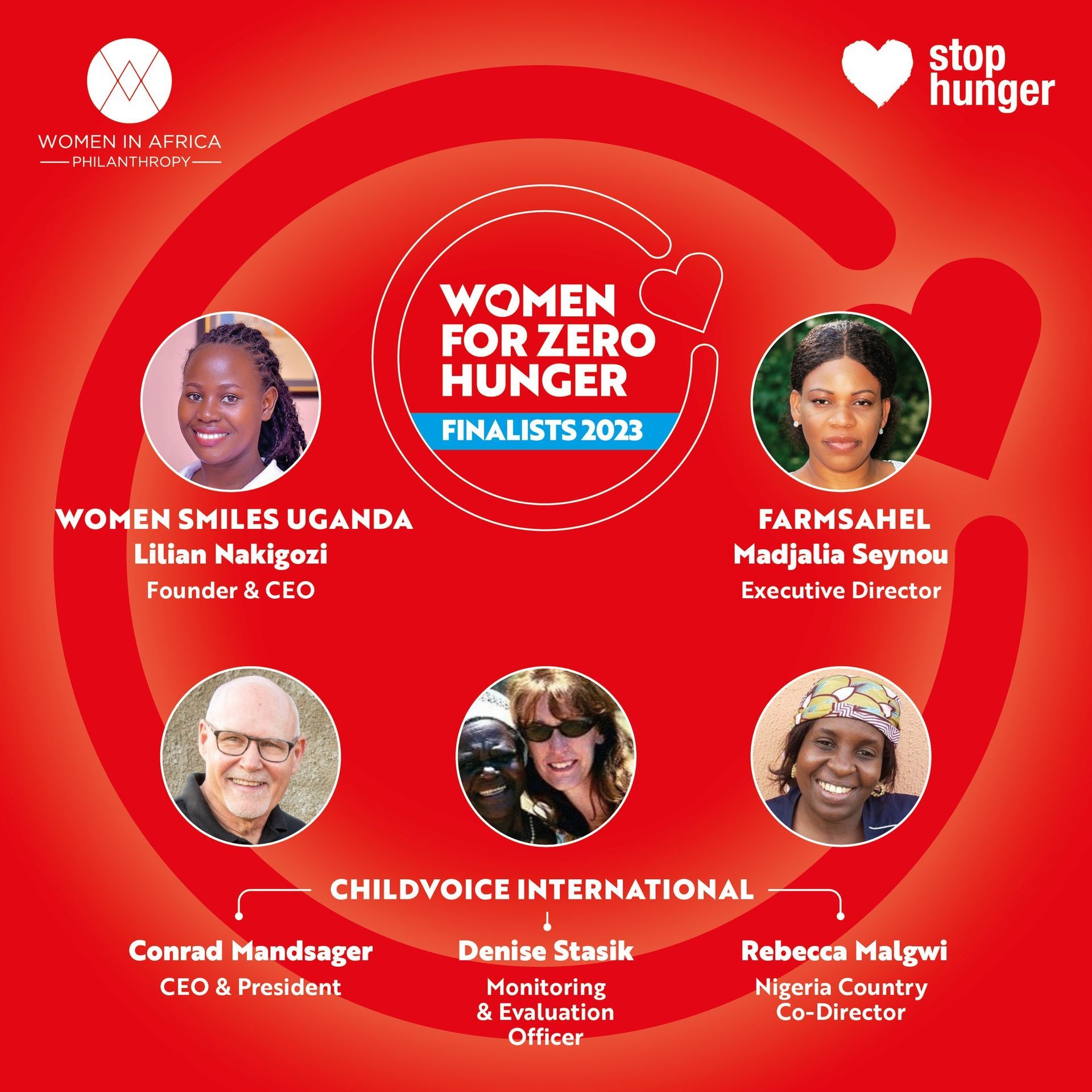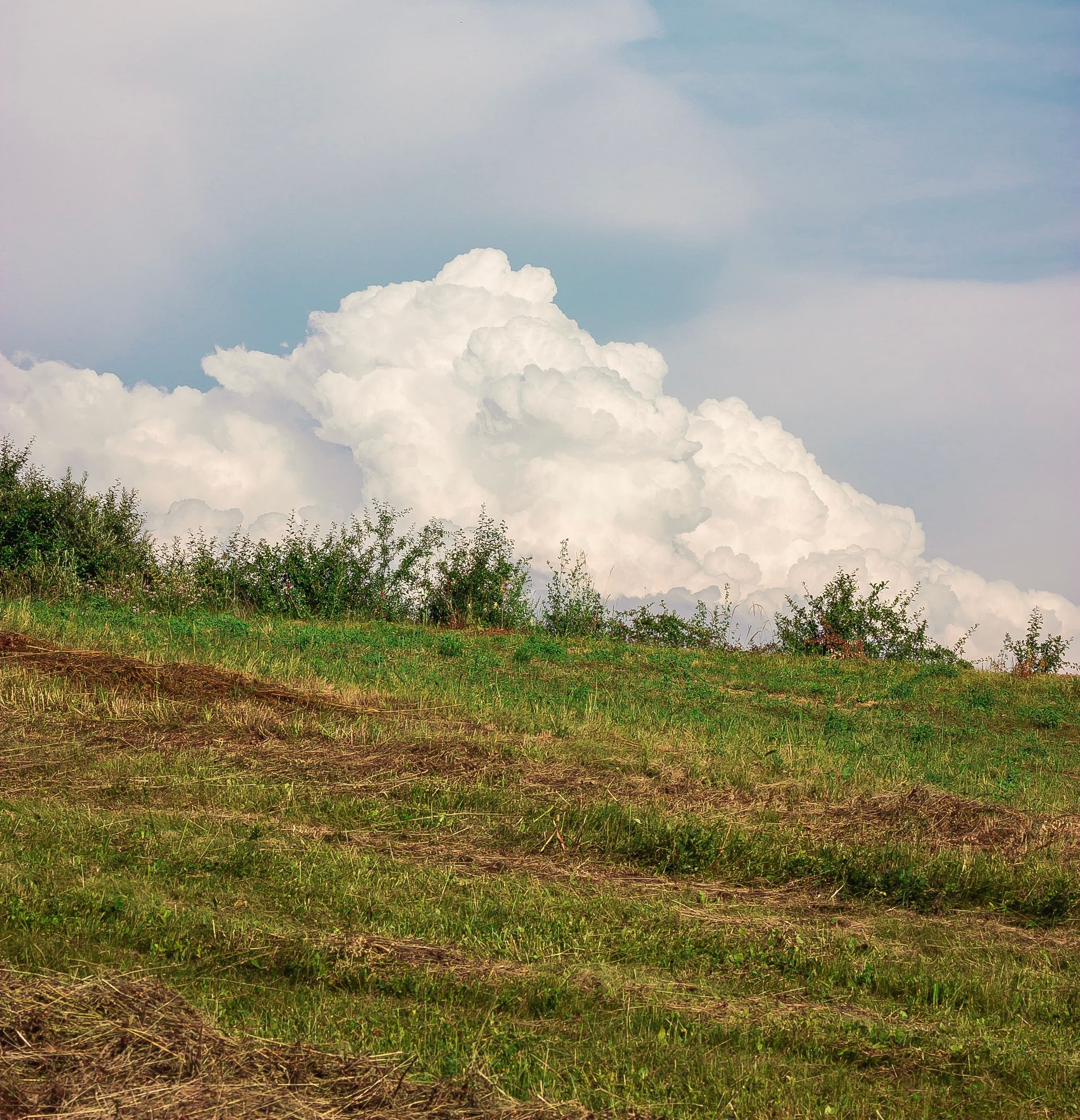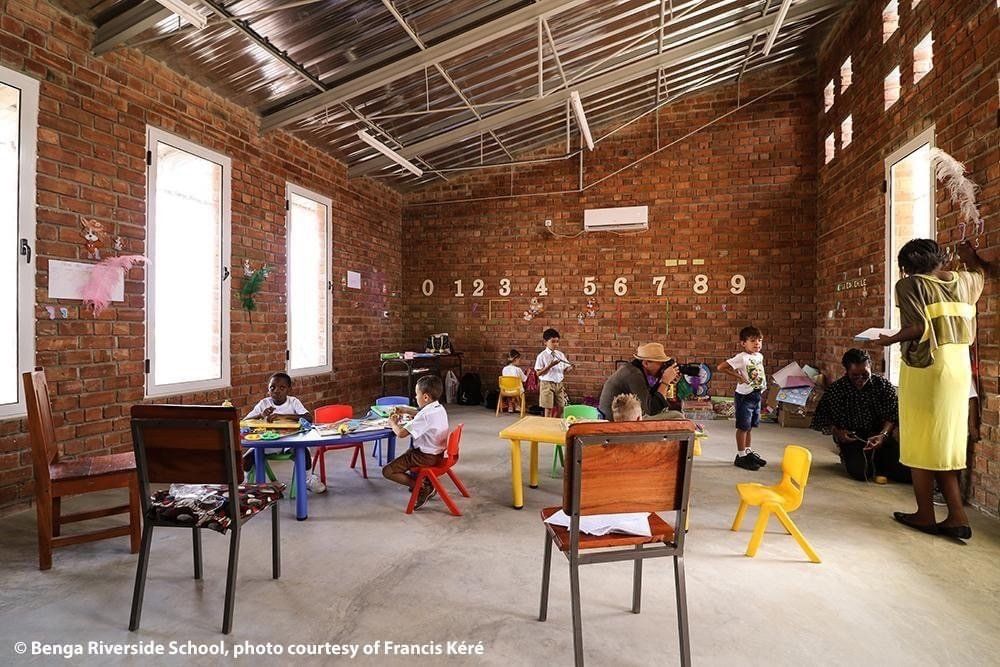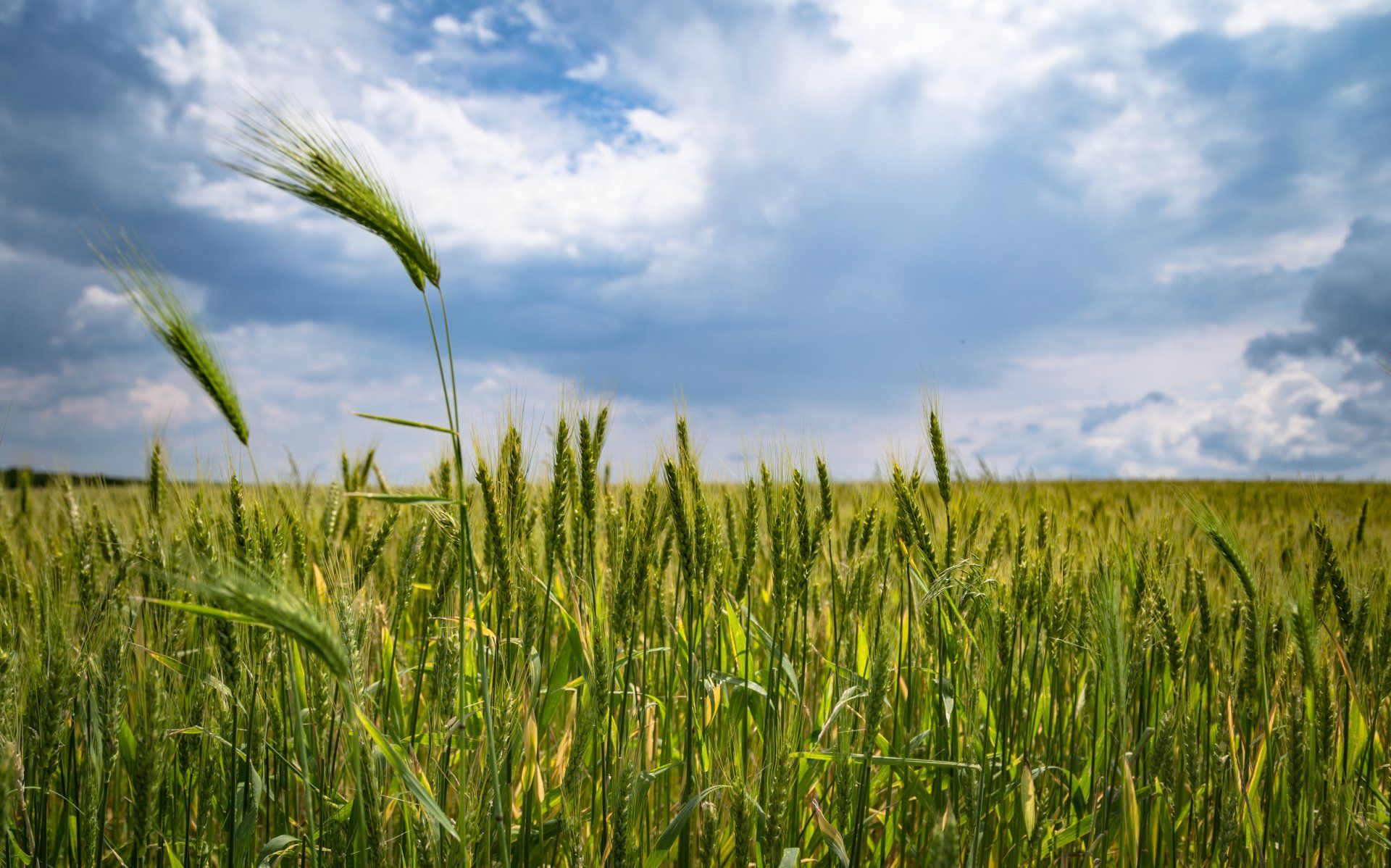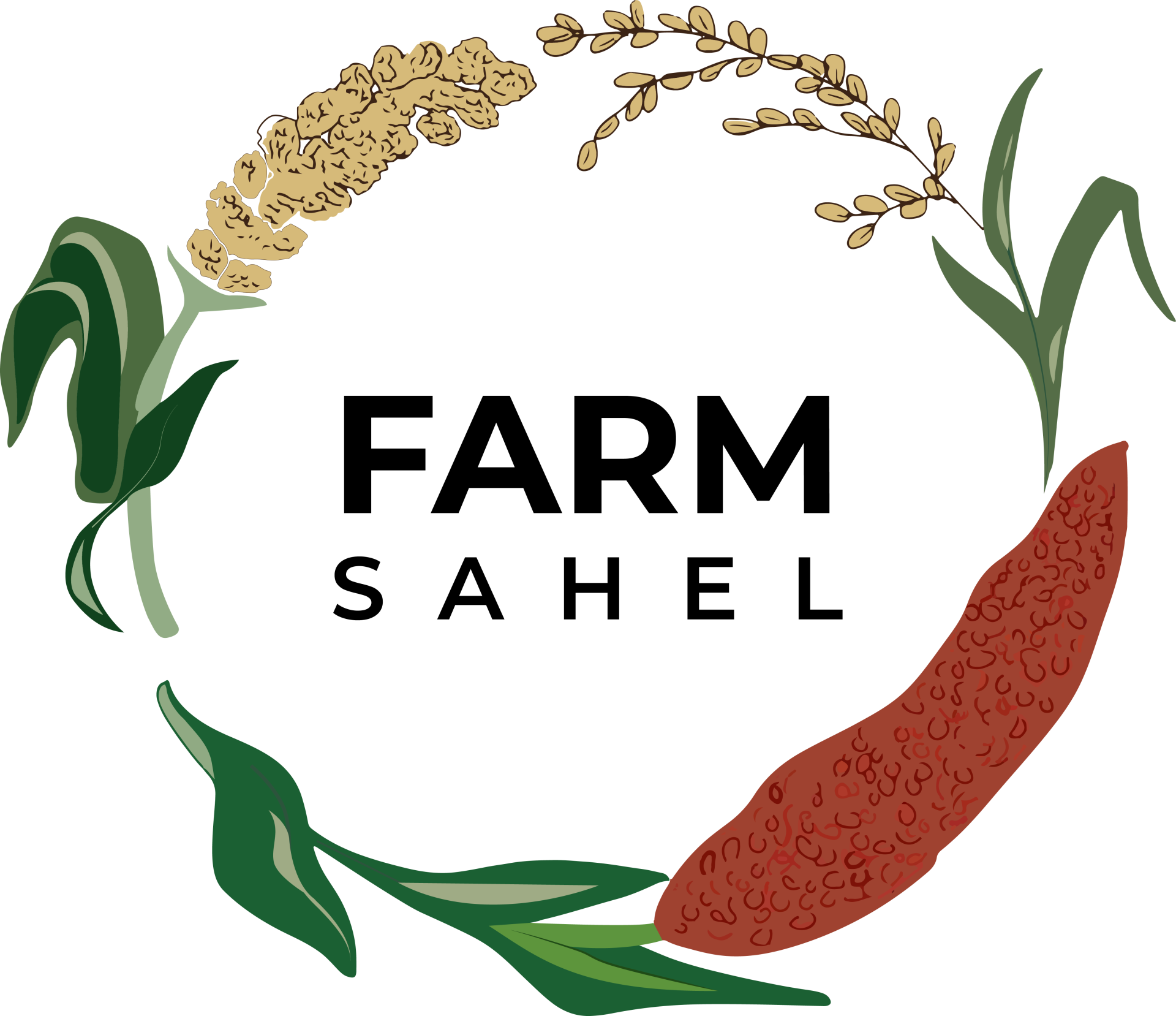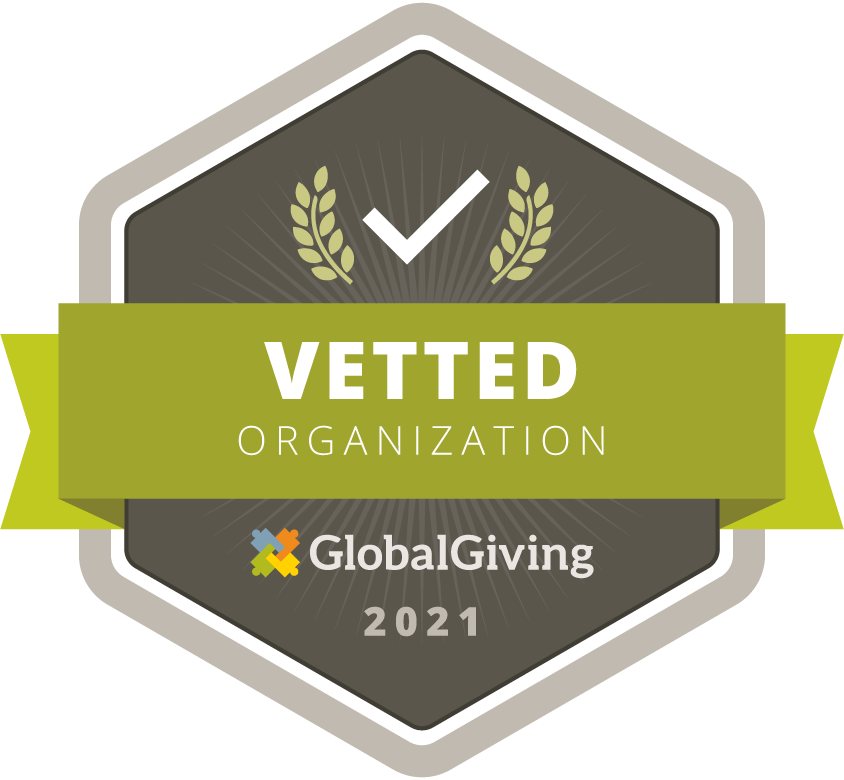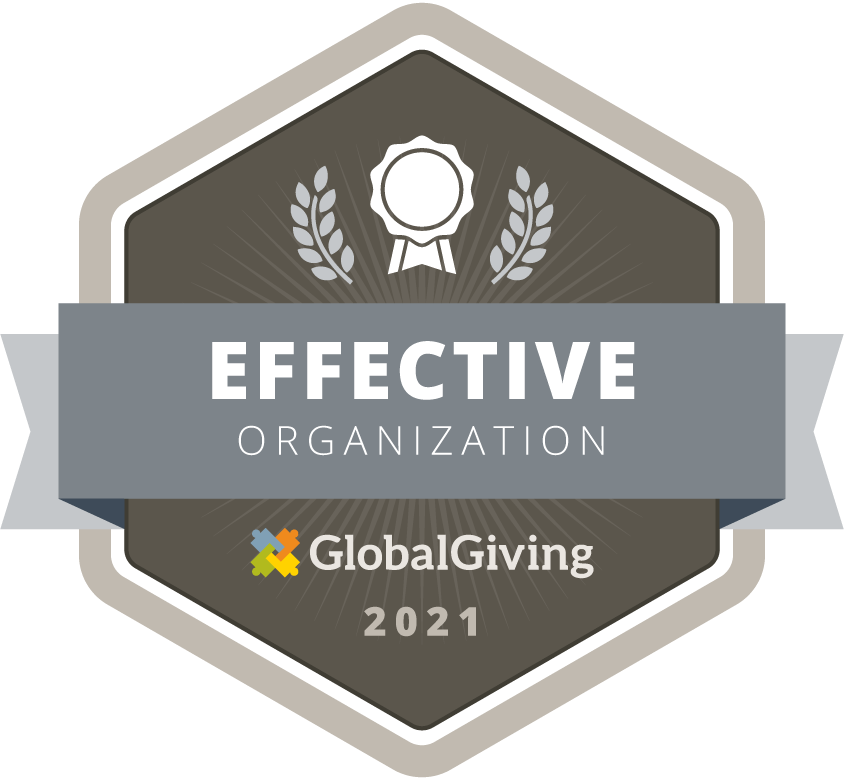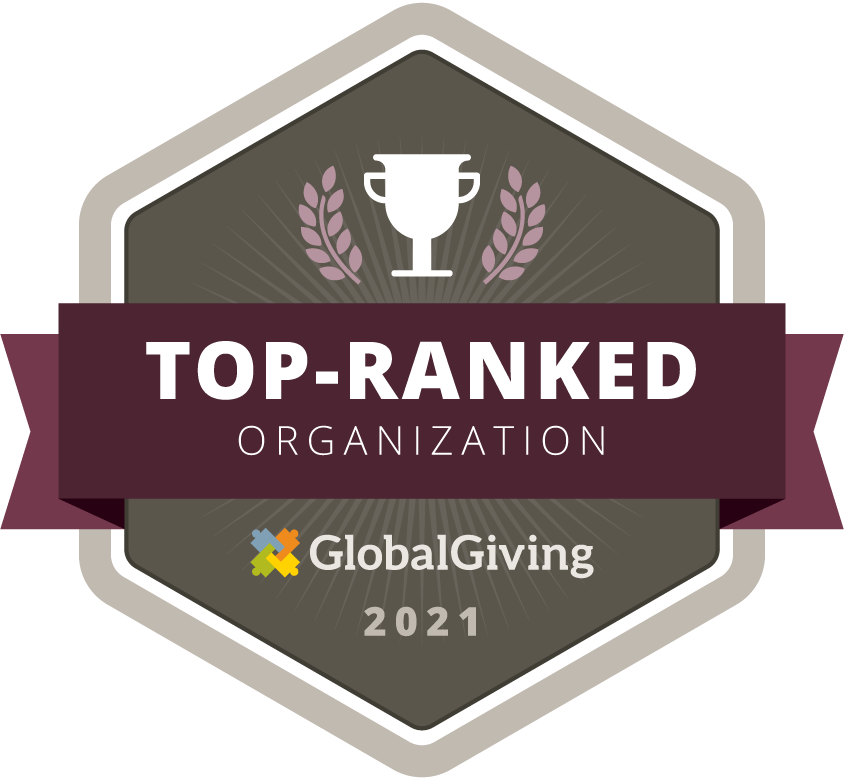Burkina Faso’s Economic Outlook
Burkina Faso is the 144th poorest country in the world. Burkina Faso's economic indicators have seen promising growth in the last few years, but the covid 19 pandemic has put a significant brake on any progress. After the recent military coup, there is a cloud of uncertainty around Burkina Faso. An important economic indicator is GDP, or gross domestic product, which measures a country's final output of goods and services. GDP allows economists to understand the size of an economy and how well that economy is performing. GDP in Burkina Faso amounts to $17.3 billion, which is on the higher end compared to neighboring countries such as Guinea and Benin, whose GDP is about $15.6 billion. In 2019, Burkina Faso's real GDP increased by 5.7%, a promising level of growth. Unfortunately, Burkina Faso's economy has started to contract between extremists in the north, wreaking havoc and covid-19 disrupting trade, transportation, and tourism.

In 2020 real GDP grew by only 1.9%, an unsustainable number. Inflation increased dramatically from -3.2% in 2019 to 3.2% in 2020, primarily due to rising food prices and rental and energy costs. The fiscal deficit widened as well to 5.7% in 2020 because of extra costs for covid-19 and the never-ending security crisis. Further, oil imports declined dramatically while gold exports increased, making Burkina Faso's account deficit just 0.1% in 2020. Supply disruptions led to an energy shortage since Burkina Faso imports most of its oil.
Burkina Faso relies on Niger and Cote d'Ivoire for the majority of its refined petroleum imports. In 2020, refined petroleum continued to be Burkina Faso's main import accounting for 11.6% of its total imports costing $444 million. For imports, Burkina Faso relies most heavily on China. Burkina Faso spent $441 million in 2020 on broadcasting equipment, non-fillet frozen fish, and delivery trucks from China. As a result, Burkina Faso has to rely heavily on other countries for most of its products.

To balance the extensive number of imports to the country, Burkina Faso relies on two main sectors to generate revenue; gold and raw cotton. Gold accounted for 88.2% of total exports in 2020, bringing in $7.19 billion. The second biggest export is raw cotton accounting for 3.12% of total exports amounting to $254 million in 2020. Switzerland bought 89.6% of Burkina Faso's total exported gold in 2020, while India and Uganda bought 8.4% and 1.8%, respectively. Singapore and Switzerland were Burkina Faso's main buyers of raw cotton, each accounting for about 29% of total exports. Burkina Faso's reliance on two main sectors makes the economy volatile and reliant on market prices. In addition, Burkina Faso's dependence on other countries and an undiversified economy make it difficult for the country to pay off its debts.
Between current economic, health, and security issues, public debt totaled about 50% of GDP in 2020, about $8.65 billion. External debt or money owed to foreign lenders increased to 25% of GDP in 2020. Finally, most of Burkina Faso's debt is in floating currencies, meaning it follows the volatility of exchange rates. With this amount of debt, Burkina Faso is left with very little available for necessary security spending.
In 2020, Burkina Faso spent 2.7% of GDP on military funding, which is expected to increase as the new military junta government focuses on quelling the terrorists in the north. However, as oil prices worldwide continue to increase, Burkina Faso won't have much available spending left.
While spending may be tight, most economic outlooks seem positive for Burkina Faso. As most countries decide to live with the pandemic, Burkina Faso is expected to get back to, or close to its expected growth rate. The most critical area to focus on in Burkina Faso is the security crisis. Once quelled, economic diversification and attracting foreign direct investment will help bring Burkina Faso some monetary relief.
Until then, millions of Burkinabe people are suffering in their villages. Scared, displaced, hungry, and thirsty, the government is already stretched thin to do much for these innocent families. FarmSahel continues to promote Burkina Faso's growth and push for gender equality. With a simple monthly donation, you will support a family in desperate need and provide life's bare necessities.
